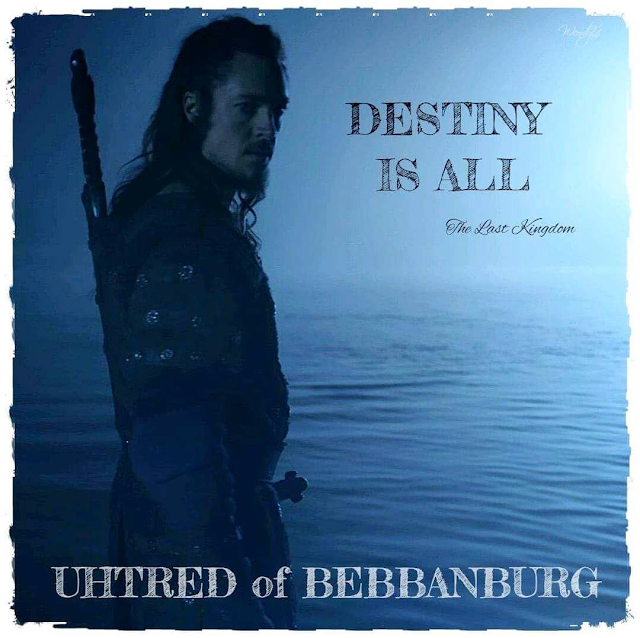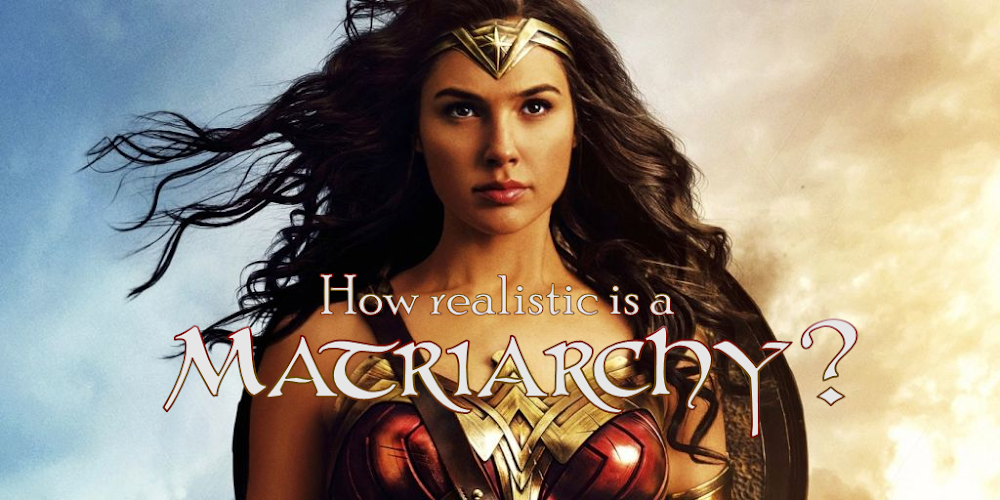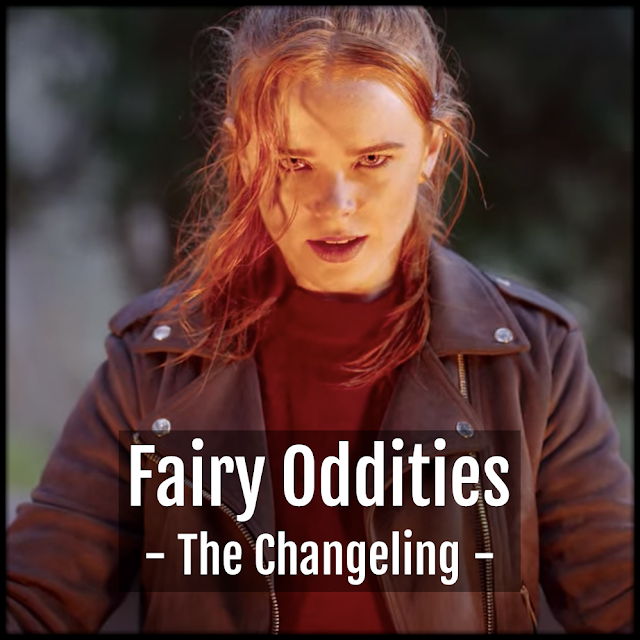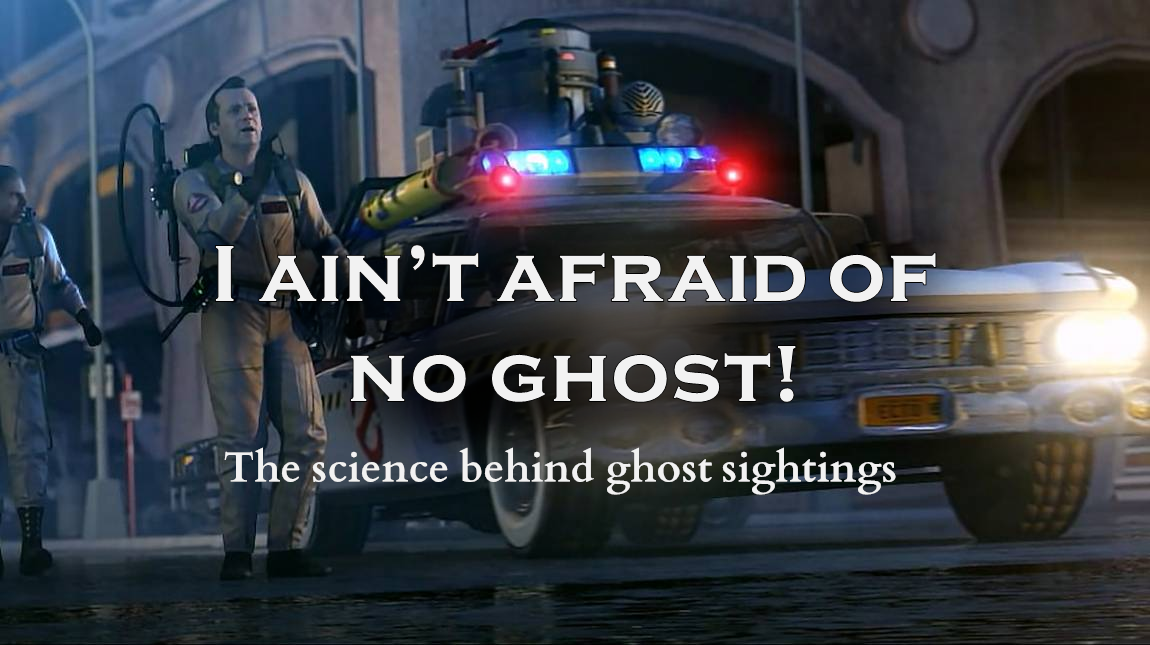Destiny is all! - The origins of the chosen one and fated mates
We recently watched The Last Kingdom series on Netflix, where Uhtred (son of Uhtred)’s catchphrase „Destiny is all” gave us the idea of today’s blogpost. I know everyone says the books are better, but I rarely (ok, I admit it, never) read historical fiction, so we came across the Netflix series first.
Let’s talk about destiny!
It’s a concept as old as humankind itself, and many still believe in it. It has its own philosophical concept, fatalism, which basically means that no matter what you do, you cannot change yours or someone else’s fate. Fate and destiny, although people may use it as interchangeable terms are not the same thing. Destiny—coming from the word destination—is the result, the purpose of one’s life, the future while fate is the present, the moment every past decisions led to. Both of them are inevitable no matter what you do.
But who decides what is our fate and destiny?
Our ancestors believed that this is part of some kind of divine plan. In Indo-European religions, every version has the shared concept of life as a thread, something that’s spun by one entity, guided by another and cut by a third. These entities were the Moirai in Greece, the Parcae in Rome and the Norns in the Norse mythology. We even know their names, they were called Klotho, Lachesis and Atropos in greek mythology, Nona, Decima and Morta in Rome, Urd, Verdandi and Skuld in the North. They are also present in Salvic mythology as Rozhanitsy, Narecnitsy, and Sudzhenitsy. Their Lithuanian versions, the erpiančioji (who spun the threads of life) were a bit more numerous. There was Metančioji (who threw rims of life), Audėja (the weaver), Gadintoja (who broke the thread), Sergėtoja (who scolded Gadintoja, and instigated wars between people), Nukirpėja (who cut the cloth of life), and Išskalbėja (the laundress). Above them were Dalia and Laima, the goddesses of fate. Don’t worry, I also have no idea how these should be pronounced, but you get the idea, that they were present everywhere in Europe.
In Greece they had an added bonus, as belief held that Zeus had some part in determining and carrying out destiny alongside the Moirai. Well… reading stories from Greek mythology I can’t really imagine that the guy had any plans, but that is what they believed. In Babylonian religion, the god of writing, Nabu, was the one who also wrote the fate of humans. A lot of ancient story—think about the Illiad and Odyssey for example—are about people trying to avoid their fate, which was predicted by a prophecy, and… they can’t. Everything they do to avoid it just brings them closer to what have been foretold.
The people’s faith in destiny was so strong, that it became a built-in feature of Christianity (and later Islam) as well. Predestination is the concept that God has a plan for all of us, we do have a destiny, even if it contradicts free will. This is one of the few things that is different in Catholicism and Protestantism, as the latter believes in predestination, while Catholics firmly oppose it. I attended protestant (reformation church) RE, and I remember that even as I child I was confused about how free will and predestination can coexist, but the answer (as always) was “only God knows”.
This belief lies behind the so common „Chosen one” trope as well. Someone, the gods, God, or something divine chose one person to do their bidding, and they can’t avoid it – because it’s fate or because only they can do it, it doesn’t matter. I could start a list of this trope from literature, but honestly it is so common that I could be sitting here for a week typing the titles. Interestingly, modern stories are more about how the hero wants to fulfill their destiny, to live up to the expectation of people believing in them, and not avoiding it like in ancient stories. Neo in The Matrix for example, was a typical modern chosen one, and even when they tried to deter him from his fate he carried on.
I personally don’t believe in fate, and somehow this is a trope we consciously try to avoid in our books. I believe the importance of choice and agency, and I want to show this in my writing. I think my aversion is so strong, that I don’t like the concept of soulmates as well, which is in romance books are even more common than the chosen one. You can’t choose who you love, I know that, but staying with someone abusive just because they are „mates” is just unacceptable for me. (I recently read a shifter romance, during the nights when I couldn’t sleep on Dreamer app, and I can’t tell you how bad, and how wrong it was.) We even try to avoid the word „mate” in our books, even when it would be the most convenient choice of words.
Don’t get me wrong, I don’t want to shame anyone who writes and reads things like that, it’s just not my cup of tea at all. On the other hand, I enjoy stories (like The Last Kingdom) where people believe in fate, but the reader can never know if it really exists or not. It’s a realistic depiction, something that resonates with our on way of either believing or not.
So… to end this post with style, like Uhtred ends every season: Destiny is all!
Cheers,
Lory




Comments
Post a Comment